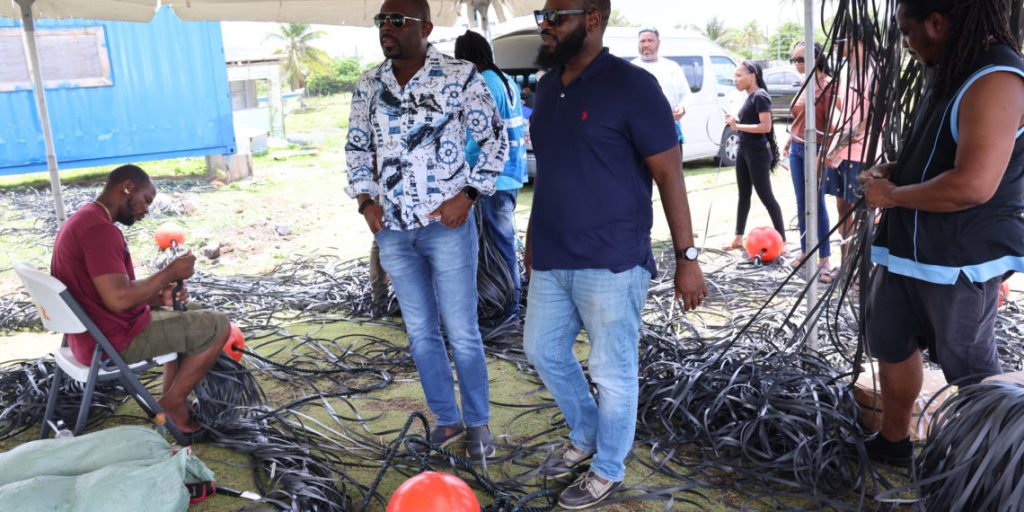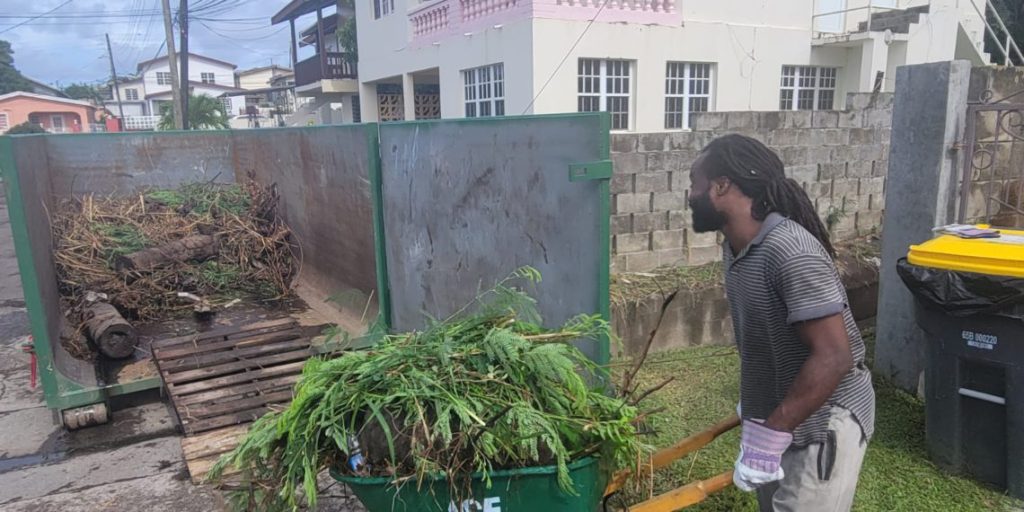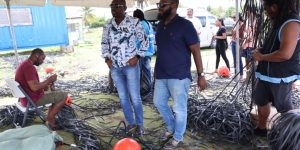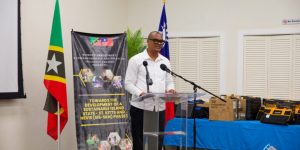St. Kitts and Nevis Foreign Minister Attributes US Visa Denials to Trump-Era Policies
The twin-island Federation of St. Kitts and Nevis is grappling with a concerning development impacting the future of its students seeking higher education in the United States. Foreign Affairs Minister, Dr. Denzil Douglas, announced that a number of Kittitian and Nevisian students have been denied U.S. visas, hindering their ability to return to their studies. This revelation, delivered during a recent cabinet press conference hosted by Prime Minister Dr. Terrance Drew, has sparked anxieties among families and officials alike, raising questions about the long-term implications for educational opportunities and career prospects for the nation’s youth. Dr. Douglas directly attributed these denials to the stringent immigration policies enacted by the then-new Trump administration, asserting that the affected students were not visa violators. He emphasized the urgency of the situation and pledged the government’s commitment to engaging with U.S. authorities to address the issue and protect the rights of its citizens.
The news of visa denials has sent ripples of concern throughout the Federation, particularly among families with children currently enrolled in or planning to attend American colleges and universities. The prospect of stricter visa enforcement threatens to disrupt academic pursuits and potentially derail long-term career aspirations. Sources within the Ministry of Foreign Affairs have confirmed that high-level diplomatic discussions are being arranged with U.S. officials in an effort to understand the reasons behind the increasing number of rejections and seek clarification on the new policy landscape. The Ministry aims to find a resolution that protects the educational opportunities of Kittitian and Nevisian students.
Historically, St. Kitts and Nevis has actively encouraged its young people to pursue higher education abroad, with the United States serving as a preferred destination for many. The recent wave of visa denials may force families to reconsider their educational plans, potentially prompting them to explore alternative study destinations in other countries. While the Ministry of Education has yet to issue an official statement, school counselors and student advisors report a noticeable surge in inquiries and anxieties from students and parents seeking guidance and reassurance in light of these developments.
The impact of these stricter visa policies appears to extend beyond St. Kitts and Nevis, affecting other Caribbean nations as well. Reports suggest similar challenges are emerging in other territories within the region, leading to calls for a unified response from CARICOM leaders. Regional governments are seeking collaborative strategies to protect the mobility and educational opportunities of Caribbean nationals studying in the United States under the new administration’s policies. This coordinated approach aims to address the shared concerns and ensure the continued access of Caribbean students to American educational institutions.
The government of St. Kitts and Nevis has affirmed its commitment to addressing this critical issue seriously. Dr. Douglas’s statements underscore the administration’s intention to actively advocate for its citizens’ rights and educational pursuits. Diplomatic channels are being activated to engage with U.S. authorities and seek a resolution that safeguards the future of Kittitian and Nevisian students. With the fall academic semester rapidly approaching, families are anxiously awaiting the outcome of these diplomatic efforts, hoping for swift and effective intervention from the Ministry of Foreign Affairs to resolve the visa challenges and enable their children to continue their studies uninterrupted.
The situation remains fluid, with much still unknown about the full extent and potential long-term consequences of these visa denials. Times Caribbean Global News, along with other media outlets, will continue to closely monitor this developing story, providing updates as more information becomes available. The focus remains on the government’s diplomatic efforts and the potential impact on the educational aspirations of Kittitian and Nevisian students. The outcome of these discussions between the two nations holds significant implications for the future of educational exchange and cooperation.
Share this content:










Post Comment